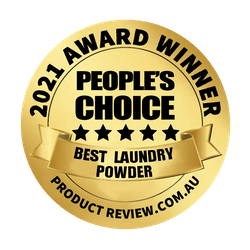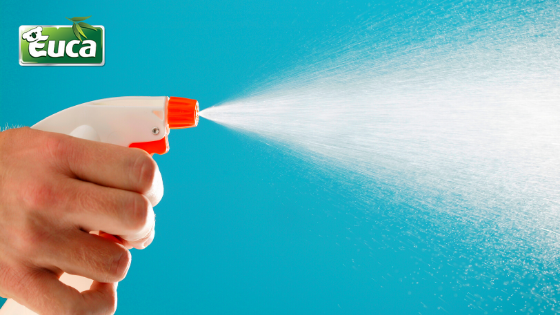0 comments
Our olfactory system can stir up strong emotions and memories. Fragrances have a powerful ability to affect our mood and feelings. Our sense of smell engages our brain’s limbic system, wherein the hippocampus is instrumental in the creation memories while the amygdala evokes intense emotions. Brands are aware that fragrances are a powerful stimulus for sales and repeat purchase. They go to great lengths to develop unique fragrances that will help their products fly off the shelves often with little regard to human health and the environment. Cleaning products use fragrances to mask the other unpleasant chemical odours present in the formulation as well as enhance the customer’s sense of well-being. There are hidden dangers that come with this benefit. Synthetic fragrances have been linked to cancer, hormone disruption, neurotoxicity, asthma, allergies, and other health concerns. One product may claim to have negligible concentrations of potentially toxic ingredients, but since we are exposed to numerous chemical products on a daily basis, this can have a compounding effect. To appease consumers’ demand for more transparency, the International Fragrance Association (IFRA) released a master list of over 3,000+ chemicals that are used by the fragrance industry. However, since the IFRA is a self-regulating organization, oversight is done through peer reviewed safety studies. Manufacturers are not required to reveal which chemicals are used in specific products. It is up to consumers to educate themselves and avoid products that can cause adverse health effects. Here’s a rundown of harmful ingredients that may be lurking in your household cleaning products so that you can avoid them. Parabens Parabens are compounds used widely as preservatives for personal care products like shampoos and detergents and known for their antifungal and antimicrobial properties. Recently, there has been a debate about the health and safety of using these chemmicals as they have been linked to hormonal disruption, reproductive toxicity, immunotoxicity, neurotoxicity, and skin irritation. It has also been found in tissue biopsies of breast tumours. The EU has banned the use of parabens and has restricted the use of other similar compounds like methylparaben, propylparaben, and butylparaben. Phthalates Phthalates are chemicals commonly used in synthetic fragrances. These fragrances are applied to everything from shampoos to deodorants and cleaning products. There has been a correlation found linking phthalate exposure to early puberty in girls, lower sperm counts in men, and it may also be a risk factor for later-life breast cancer. They can spread through inhalation, but can sometimes be absorbed through skin contact because the skin has no natural safeguard against toxins. Phthalates have largely been banned in the EU except for diethyl phthalate (DEP). Since the chemical components of ‘fragrance’ or ‘parfum’ are not listed on labels, the only way to avoid phthalates is to opt for ‘fragrance-free’ products or those free of synthetic fragrances. Galaxolide and Tonalide Alaxolide and Tonalide are chemicals that act as synthetic musk which are incorporated extensively in personal care and household cleaning products to improve their scent and prolong their shelf-life. These two chemicals are synthetic musks that produce scents for all-purpose cleaners, glass cleaners, laundry detergents and other products. The presence of these chemicals has been found in the blood and breast milk and have even been detected in newborn babies. They do not easily break down in the environment, can build up over time in the human body, disrupt hormonal functions, and have been linked to an increased risk of breast cancer. These toxic ingredients are released by wastewater treatment plants and end up in the surface water which cause endocrine dysfunction in fish and tend to accumulate over time. Styrene Oxide Styrene Oxide is used as a raw material for the production of phenethyl alcohol common in perfumes. It is used in cosmetics, scented candles, soaps, fabric softeners and laundry detergents. Acute exposure to styrene oxide causes skin and eye irritation in humans. It is also said to cause depression. While it is impossible to eliminate all harmful chemicals in our environment, going back to basics and choosing green eco-friendly cleaning products reduces your family’s exposure to toxic ingredients. Euca Onlines Products do not contain synthetic perfumes or fillers that can cause adverse health effects. Find Eco-friendly, perfume free Laundry products here.






























Write a comment